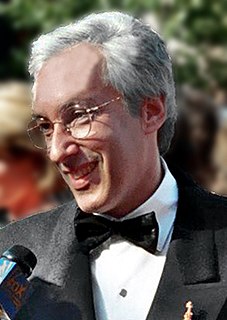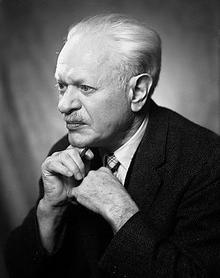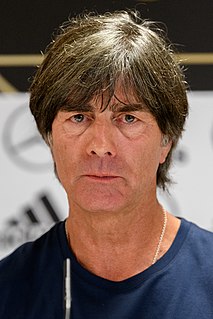A Quote by Bernice King
We are faced with the dilemma of how or if we demonstrate where we stand on critical issues and corresponding social ills. We are also bombarded with so many instances of inhumanity that it can be difficult to determine what part we play in human progress.
Related Quotes
What we have to ask is this: what can we morally expect of and allow to people whom we deploy to fulfill this or that social role :police officer, school teacher, physician? This may sometimes lead to difficult social decisions - e.g. should police be permitted to illegally import drugs as part of a sting operation? In the end, I think "common - that is, critical - morality" should determine the limits of the police role.

































